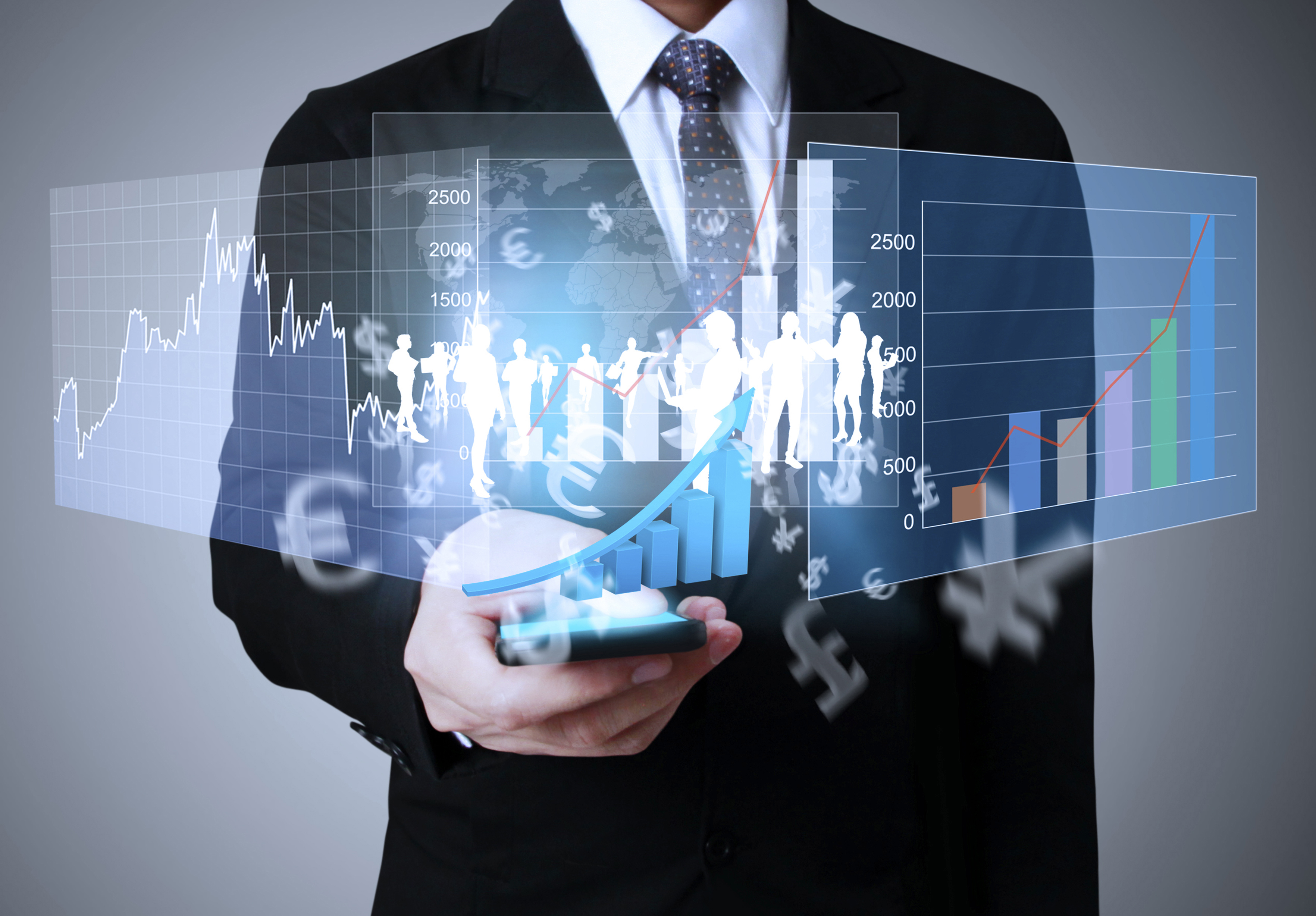
Introduction
Today, digital technology has become an integral part of our lives, revolutionizing the way we work, communicate, and entertain ourselves. From smartphones and smart homes to virtual reality and artificial intelligence, the possibilities seem endless. In this article, we will take a closer look at some fascinating examples of digital technology that have transformed various industries and continue to shape our future.
1. Internet of Things (IoT)
The Internet of Things refers to the network of interconnected devices that can communicate and exchange data with each other. From smart thermostats that adjust the temperature based on your preferences to wearable fitness trackers that monitor your health, IoT has made our lives more convenient and efficient. It has also paved the way for smart cities, where sensors and cameras monitor traffic, conserve energy, and enhance security.
2. Artificial Intelligence (AI)
Artificial Intelligence is the simulation of human intelligence in machines that can perform tasks that typically require human intelligence. AI is used in various applications, such as voice assistants like Siri and Alexa, recommendation systems that suggest products or content based on your preferences, and autonomous vehicles that can navigate without human input. AI has the potential to revolutionize industries like healthcare, finance, and transportation.
3. Virtual Reality (VR) and Augmented Reality (AR)
Virtual Reality immerses users in a simulated environment, while Augmented Reality overlays digital content onto the real world. VR is used in gaming, training simulations, and virtual tours, providing an immersive and interactive experience. AR, on the other hand, has applications in fields like education, retail, and architecture, allowing users to visualize and interact with digital elements in a real-world environment.
4. Blockchain
Blockchain technology is a decentralized and transparent system that allows secure and tamper-proof transactions. It is most commonly associated with cryptocurrencies like Bitcoin, but its potential goes beyond digital currencies. Blockchain can be used for secure document verification, supply chain management, and even voting systems, ensuring transparency and eliminating the need for intermediaries.
5. Cloud Computing
Cloud computing refers to the delivery of computing services over the internet, allowing users to access and store data remotely. It eliminates the need for physical storage devices and provides scalability, flexibility, and cost-efficiency. Cloud computing has transformed various industries, from business operations and data storage to entertainment streaming services and collaborative work environments.
6. Biometrics
Biometrics involves the use of unique physical or behavioral characteristics for identification and authentication. Examples include fingerprint and facial recognition, voice and iris recognition, and even gait analysis. Biometrics have enhanced security measures in areas like access control, personal devices, and financial transactions, providing a more convenient and secure user experience.
7. 3D Printing
3D printing, also known as additive manufacturing, allows the creation of three-dimensional objects by adding material layer by layer. It has revolutionized various industries, including manufacturing, healthcare, and architecture. 3D printing enables the production of complex and customized designs, reduces waste, and enhances efficiency, opening up new possibilities for innovation.
8. Robotics
Robotics involves the design, creation, and use of robots to perform tasks autonomously or with human assistance. Robots are used in industries like manufacturing, healthcare, and agriculture, performing repetitive tasks, assisting in surgeries, or even exploring hazardous environments. With advancements in artificial intelligence and machine learning, robots are becoming more intelligent and capable.
9. Big Data Analytics
Big data analytics involves the collection, processing, and analysis of large and complex data sets to uncover patterns, trends, and insights. It enables businesses to make data-driven decisions, personalize customer experiences, and optimize operations. Big data analytics has applications in various industries, including healthcare, marketing, finance, and cybersecurity.
10. Social Media
Social media platforms like Facebook, Instagram, and Twitter have transformed the way we connect, share, and communicate with others. They have become powerful tools for businesses to reach and engage with their target audience, as well as platforms for individuals to express themselves, share experiences, and stay connected with friends and family.
Conclusion
The examples of digital technology mentioned above are just a glimpse of the vast possibilities that digitalization has brought to our lives. From improving efficiency and convenience to enabling new forms of creativity and innovation, digital technology continues to shape our future and drive us towards a more connected and intelligent world.



